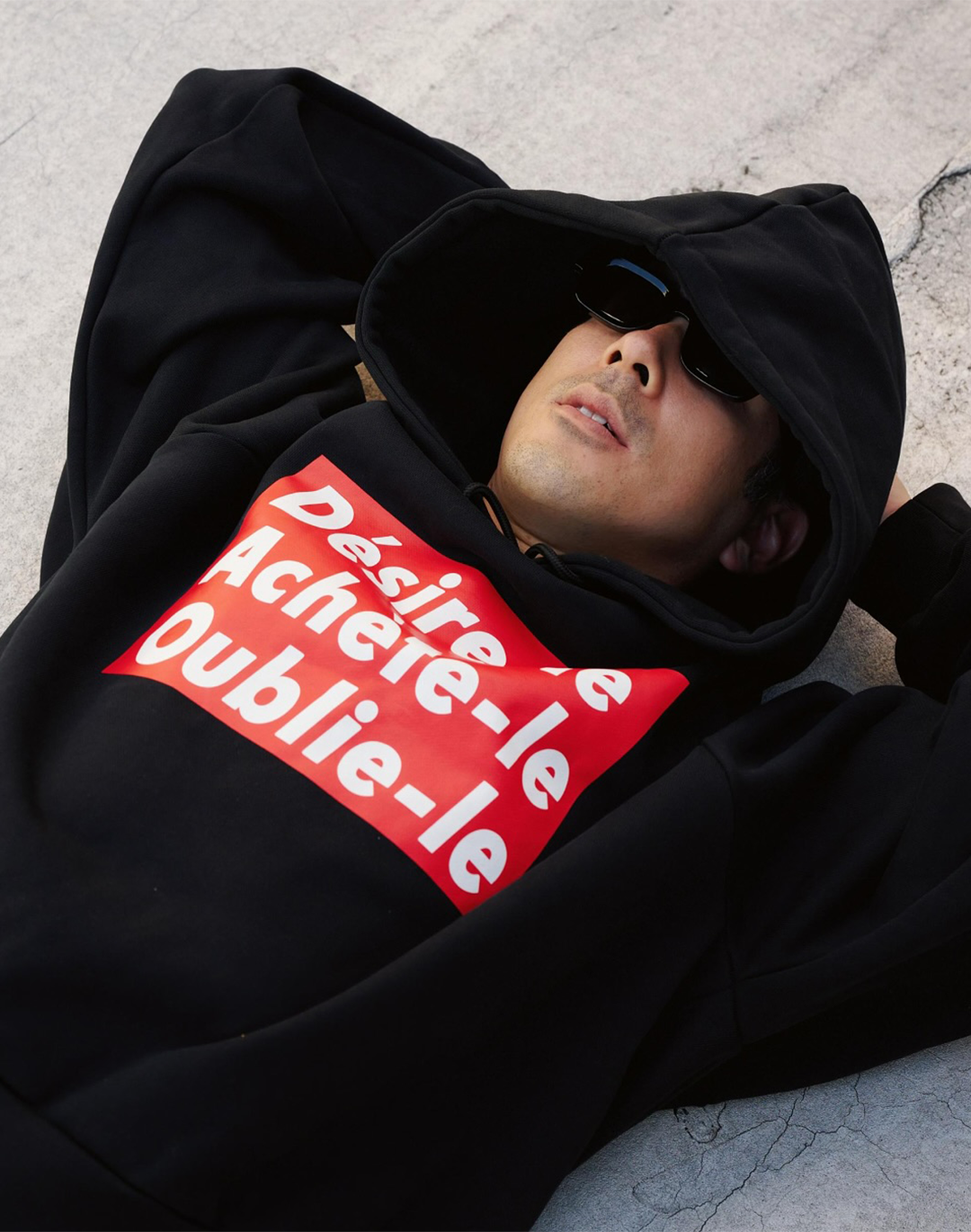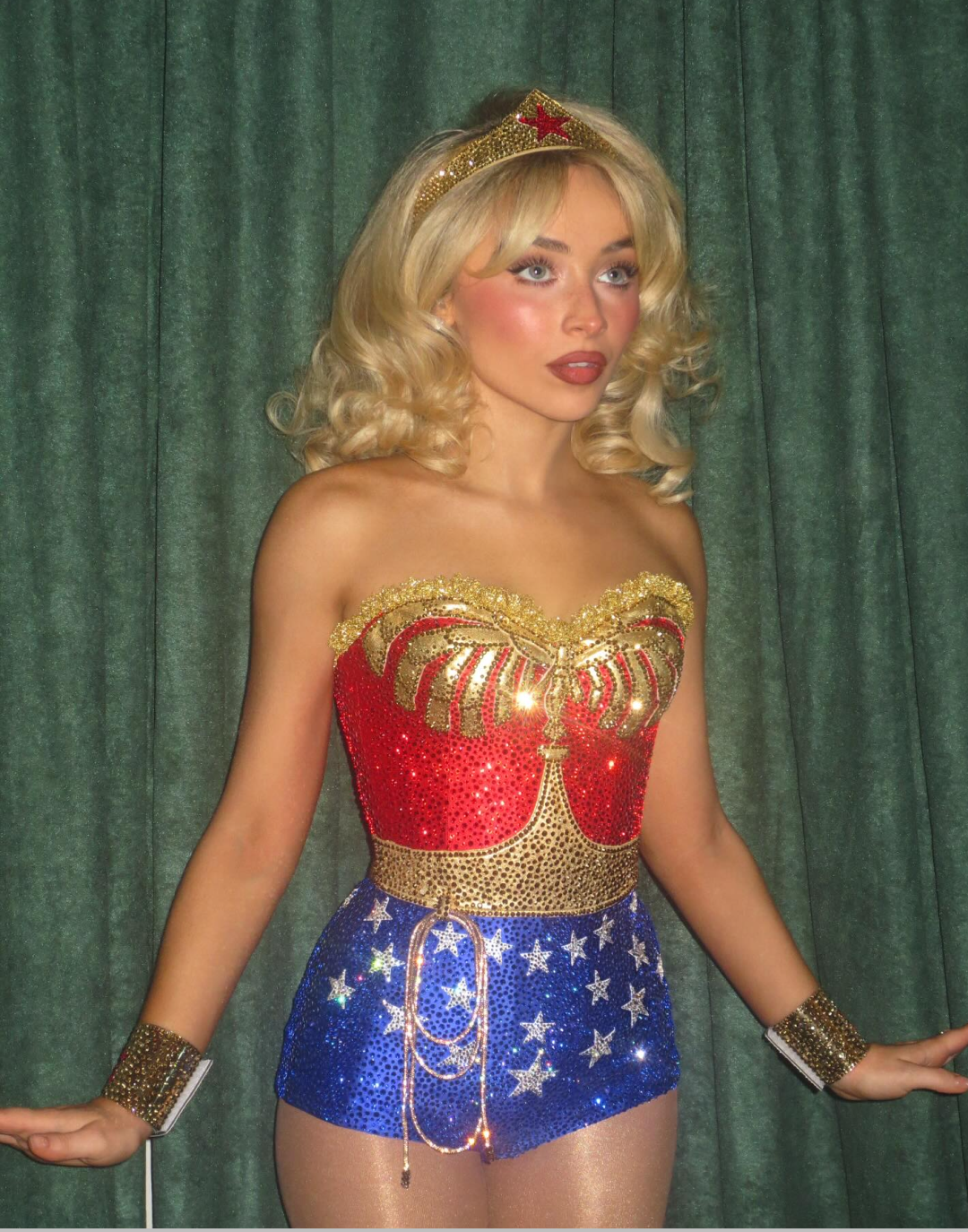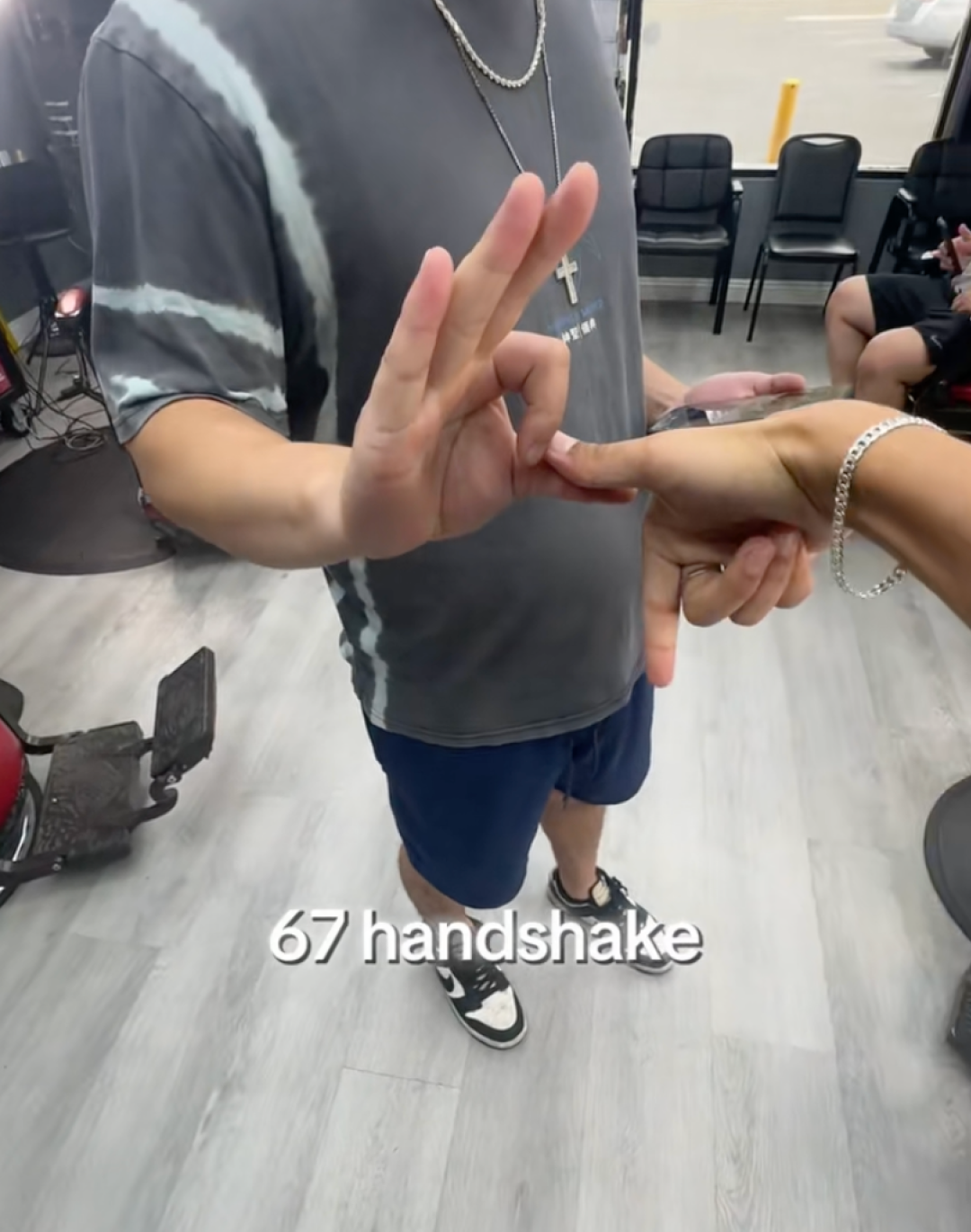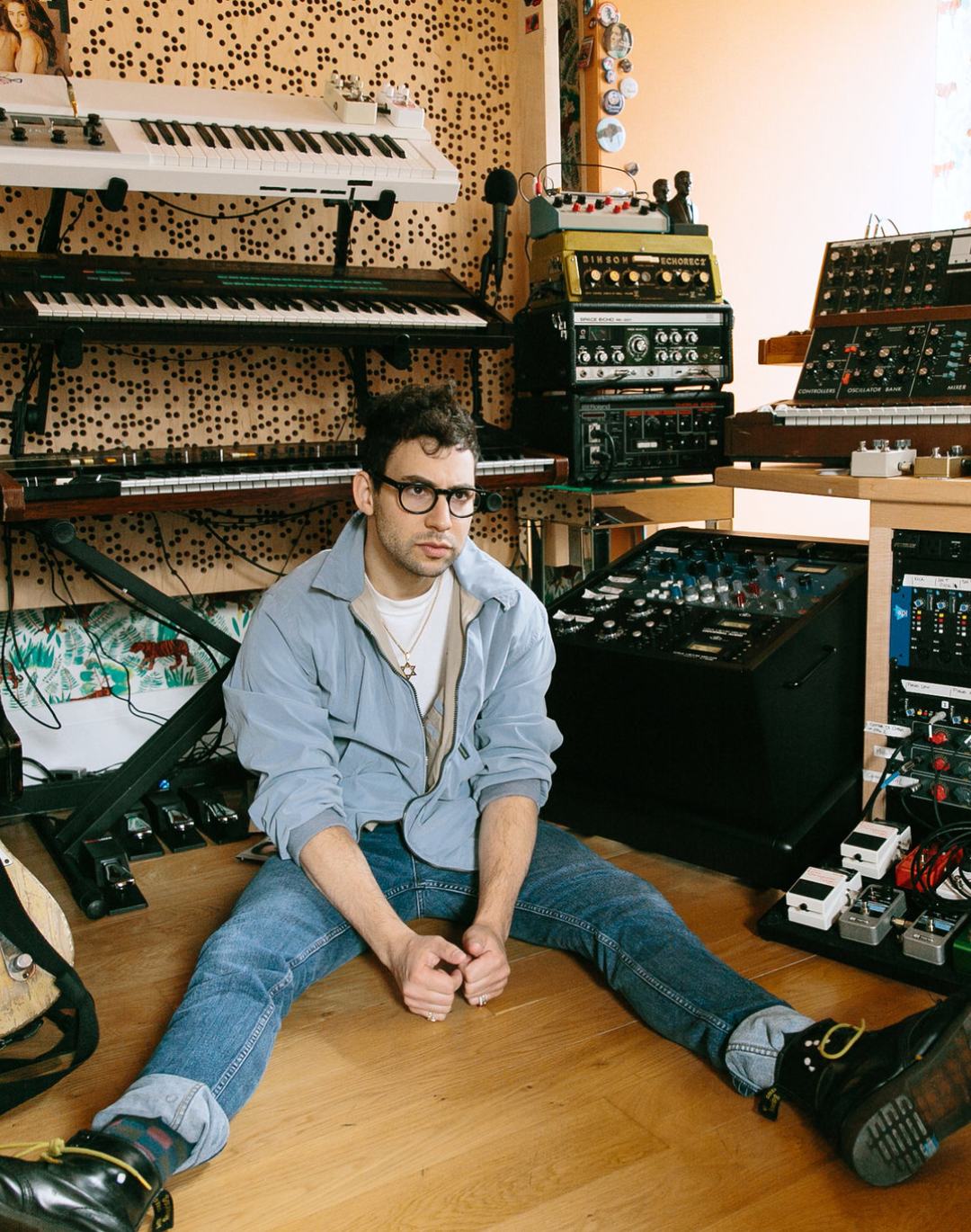
"No Pasaran", rap against politics Aware of their popularity and their ability to constitute a real opposition, the rappers speak out
Since its inception, rap music has been much more than just a musical genre. It is a powerful means of expression, a platform to denounce injustices and share often ignored realities. Traditionally, French rappers have played the role of the voice for the voiceless, especially during times of political and social crisis. However, following the dissolution of the National Assembly and the first round of legislative elections dominated by the Rassemblement National (RN), the silence from major figures in the music industry was deafening. Only a few voices, like the young rapper Danyl on Instagram calling on young people to vote, were heard. On July 1st at 11:45 PM, this silence was broken. As the repercussions of the elections were still being felt, about twenty rappers decided to react by releasing their collective track, “No Pasaran”. This nine-minute and forty-three-second track brings together artists from different generations, such as Akhenaton, Pit Baccardi, Fianso, Soso Maness, Demi Portion, Zola, and Kerchak. Inspired by the famous slogan of the Spanish Republicans during the Civil War against Franco's fascism, “No Pasaran” pays tribute to another notable work in French rap: “11 mn 30 contre les lois racistes”, released in 1997 to criticize the Debré laws deemed racist. Between controversies, political upheavals, and the duty of memory, let's take stock.
Rap, a tradition of political engagement
Since its beginnings, French rap has stood out for its political commitment, particularly as a form of cultural resistance. Today, although it has become mainstream, with 73% of young French people listening to it, it continues to address various themes. In its forty years of existence, this genre has tackled a multitude of social issues, transforming into a true political tool. Poverty, racism, police violence, and wealth inequality are recurring themes. Artists often recount their experiences of discrimination and police brutality, calling for justice and reform. Racism, in particular, is a central theme, with many tracks denouncing racial discrimination and advocating for equality. The history of French rap is rich in committed tracks that have left their mark and mobilized crowds. In 1997, the track “11 minutes 30 contre les lois racistes” brought together many rappers to protest against the Debré laws, deemed discriminatory. This track became an anthem for a generation of young people who felt marginalized and oppressed. Later, Diam's released “Marine” (2004) and “Ma France à moi” (2006), two emblematic tracks denouncing the rise of the far right in France, which have since found their place in protests. The track “No Pasaran” is part of this tradition, reminding us that rap is above all a music of protest and resistance.
“No Pasaran”: A direct response to the rise of the far right
@theimusic No pasarán - 20 rappeurs contre le RN (Zola, Kerchak, RK, Soso Maness…) #musique #speedsongs #speedup #paroles #politique #rn #bardella #elections #zola no pasaran 20 rappeurs contre le RN - The iMusic
The track “No Pasaran” is a direct response to the rise of the Rassemblement National (RN) in France. The RN, led by Jordan Bardella, made a significant breakthrough in the first round of the early legislative elections, causing widespread concern among those opposed to its ideas. It is in this context that DJ Kore and Ramdane Touhami decided to react. Their goal was clear: to use music to mobilize young people and encourage them to vote against the RN. The collective gathered for the occasion includes artists from all generations and backgrounds of French rap. Among them are well-known names like Akhenaton, Fianso, Zola, Soso Maness, and Seth Gueko, as well as rising figures like Kerchak, ISK, and Uzi. Each brings their own perspective and style, but all share the same commitment against the far right. The lyrics of the track are straightforward, sometimes brutal and shocking. From the first notes, Fianso declares: “Middle finger up for the haters / CNews in the blind spot / Shocks and tremors / Fuck the Rassemblement National.” This line sums up the spirit of the track: an uncompromising denunciation of the RN and its ideas. Other artists, like Zola, do not hesitate to directly challenge Jordan Bardella, the president of the RN, in provocative terms. The themes addressed reflect the concerns of the rappers: immigration, police violence, the Israeli-Palestinian conflict, and the impact of right-wing media like CNews on the misinformation of young generations. The message is clear: it's time to wake up, vote, and block the far right: “They shall not pass”.
Reception and impact of the track
Le conflit médiatique qui s’est ouvert autour de #NoPasarán, morceau à ranger dans la case du rap «problématique», en annonce beaucoup d’autres, qui aboutiront tous à des actions visant à faire taire la critique et la subversion.
— Libération (@libe) July 3, 2024
Billet : https://t.co/tntx3zvlcy
On social media, opinions are divided. Some praise the artists' courage and the strength of their commitment, while others criticize the violence and shocking nature of some lyrics. The misogynistic and conspiratorial lyrics have particularly sparked controversy. Lines like “Marion and Marine are whores / A stick blow to these dogs in heat” have been harshly criticized for their offensive and sexist language. Additionally, references to conspiracy theories, such as the Illuminati or chips injected into the blood, have been deemed problematic and potentially counterproductive. Ramdane Touhami, the producer of the track, defended these choices by explaining that some phrases were cultural references, like the chant of “Jordan, you're dead” echoing a victory by MMA champion Cédric Doumbé. However, the justification of these references did not suffice to appease all the critics. Despite the controversies, “No Pasaran” has the potential to mobilize young people and encourage them to engage politically. With a little luck, this track will have the same effect as its predecessors. These songs marked their time and contributed to a collective awakening. By using their art to express their opposition to the far right, the rappers remind us that music can be a vector of social change.
“Get up, go vote, don’t just sit there”
Je suis bien placer pour comprendre et savoir la place du racisme dans notre pays.
— Aya Nakamura (@AyaNakamuraa) July 2, 2024
C’est les memes qui ont le seum quand on brille car on a pas finis de briller.
Et oui je suis discrete sur ces sujets, desfois on se sent pas pertinents et assez légitime pour parler et dire les…
The criticisms and controversies surrounding the track highlight the challenges and risks of political engagement in art. However, they do not diminish the importance of this project and its message. “No Pasaran,” beyond its raw lyrics and provocative tone, embodies the spirit of resistance and solidarity that has always driven rap. Even if this genre has become a commercial tool for some political parties and is sometimes looked down upon by certain elected officials, it continues to play a crucial role. By encouraging young people to vote and oppose the far right, it reminds us that everyone has the power to make a difference and that artistic engagement remains a major force, capable of mobilizing and raising awareness.















































